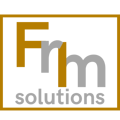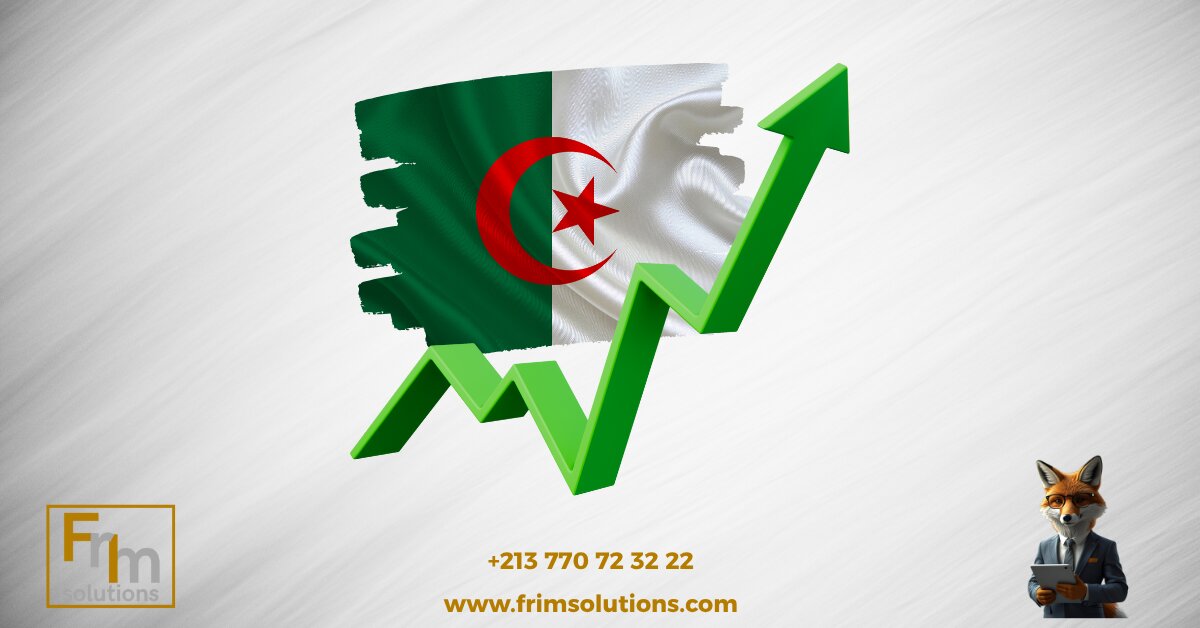Algeria is no longer a country on the sidelines. It’s a gateway to Africa, Europe, and beyond. With bold reforms, geopolitical neutrality, and a young, dynamic population, Algeria is emerging as one of North Africa’s most strategic markets for international investors. At FrIm Solutions, we support foreign companies from the earliest steps of their journey — and in 2025, we see five key reasons to act now.1. Legal Reforms That Empower Foreign Ownership
The Investment Law 22-18, enforced since 2022, marked a turning point:
-
Full ownership (100%) is now allowed in most non-strategic sectors
-
New incentives reduce taxes, customs duties, and social charges
-
The AAPI (Agence Algérienne de Promotion de l’Investissement) acts as a one-stop-shop, streamlining approvals
No more 51/49 rule in most industries. This legal opening makes Algeria more attractive than ever for SMEs, manufacturers, and service providers.
2. Strategic Location — With Trade Routes to 3 Continents
Algeria is:
-
The largest country in Africa
-
A Mediterranean hub just 1 hour from Europe by air
-
A connector to Sub-Saharan Africa via road and rail
With access to the EU, AfCFTA, and the Arab Free Trade Zone, Algeria becomes a cost-effective base for re-export, regional manufacturing, or cross-border logistics.
Example: A Spanish food processing company entered Algeria in 2024 and now exports to Tunisia, Mali, and Côte d’Ivoire — all from a single plant in Oran.
3. Underdeveloped Sectors with High ROI
The local market presents critical supply gaps in:
-
Health & pharma (import-dependent)
-
Renewable energy (solar & green hydrogen targets by 2030)
-
Agri-food transformation
-
Packaging & logistics
-
Digital infrastructure and fintech
-
Vocational training and B2B services
First movers can take leadership positions in sectors where demand far exceeds local capacity.
4. Young, Skilled, and Cost-Effective Workforce
With more than 70% of the population under 35, Algeria offers:
-
Over 1.7 million university students (ONS, 2023)
-
Specialized engineering and tech programs
-
Low average labor costs compared to EU/Gulf countries
The government is also promoting workforce upskilling via public-private training centers, particularly in renewable energy, agritech, and IT.
5. Macro-Stability and Infrastructure Expansion
Despite global inflation and geopolitical turbulence, Algeria remains:
-
Politically stable
-
Currency-reserve rich (US$ 80+ billion, per Banque d’Algérie)
-
Debt-light (public debt
Major projects include:
-
East-West Highway + Trans-Saharan trade route
-
New industrial zones in El Bayadh, Djelfa, and Timimoun
-
Upgraded ports (Oran, Skikda) and airports (Algiers, Tamanrasset)
The infrastructure is ready. Are you?
Bonus: Government Support for Strategic Investors
Investors in priority sectors (pharma, agri, transport, etc.) may benefit from:
-
Access to land in industrial zones (via Calpiref or Wilayas)
-
Tailored tax exemptions (up to 10 years)
-
Facilitated visa/residency permits
-
Fast-track services with AAPI
FrIm Solutions acts as your local navigator: we manage the bureaucracy while you focus on business growth.
Don’t Wait for the Market to Get Crowded
By 2026, Algeria will no longer be “emerging.”
It will be in full acceleration.
Companies that start in 2025 gain:
-
First choice of partners
-
Access to premium locations
-
Early entry credibility with clients and authorities
FrIm Solutions offers turnkey support in 5 languages: French, English, Arabic, Spanish, and Italian.

